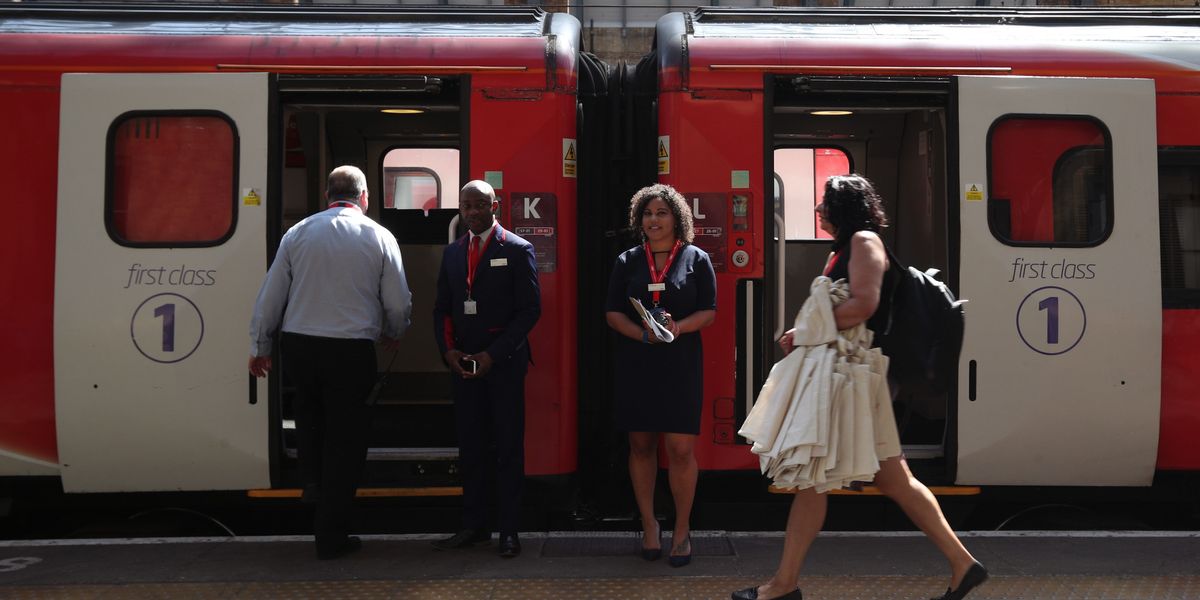One in five Britons say they’ve avoided seeing their GP due to a negative experience with reception staff, a survey has revealed.
It also found the majority of people with autoimmune, mental health and neurodegenerative conditions say they’ve previously been ignored or turned down.
The new data shows that 39 per cent of the country have put off seeing a doctor due to lengthy NHS wait times. But problems also appear to lie with the GP surgery staff themselves.
Nearly 20 per cent of the nation – roughly nine million people – reported avoiding seeing a doctor because of bad experiences with reception staff.
Receptionists now outnumber GPs at 90 per cent of surgeries in the UK. Yet NHS data showed the number of patients waiting more than three weeks for an appointment had risen by almost a third in the past two years.
And a further 53 per cent of Britons say they’ve delayed getting medical care simply because they feel their GP doesn’t have time for a thorough consultation, or feel previous concerns were dismissed or undervalued.
The research comes just months after NHS waiting lists reached a staggering 7.48 million people, according to the British Medical Association.
Hana Salussolia, Medisonal’s CEO, called the findings ‘shocking’ and ‘unsurprising’.
Nearly 20 per cent of the nation – roughly nine million people – reported avoiding seeing a doctor because of bad experiences with reception staff

And a further 53 per cent of Britons say they’ve delayed getting medical care simply because they feel their GP doesn’t have time for a thorough consultation, or feel previous concerns were dismissed or undervalued
‘They paint a deeply troubling picture of a healthcare system that too often fails to meet patients where they are,’ she said. ‘Patients deserve care that is timely, compassionate and empowering.’
Dr Dean Eggitt, a GP based in Doncaster, said this ‘tragedy’ will ‘lead to patient harm if it hasn’t already’.
He said: ‘During Covid, GP practices were asked to close their doors by NHS England and triage every patient, which led to a huge number struggling to get through the phone lines or be seen at all.
‘And in hindsight, a number of very serious illnesses – including cancer – were missed as patients hit a brick wall when trying to contact the NHS.
‘Since then, we’ve continued to use this system of triaging patients, which can disenfranchise some of them, as well as cause tension between front of clinic staff and patients.’











